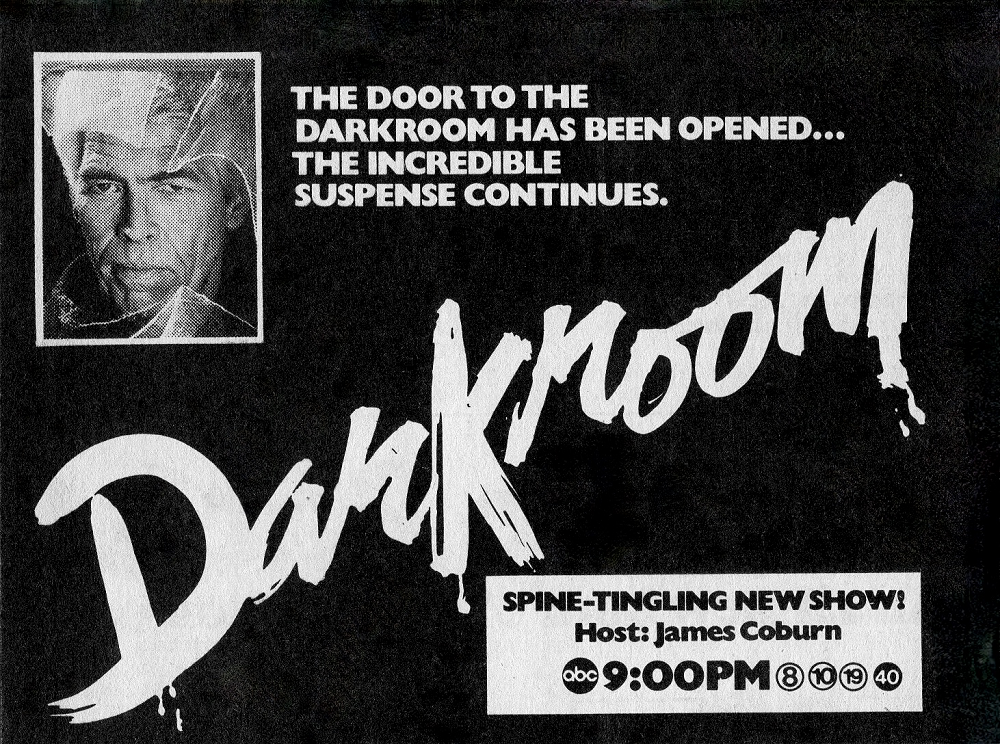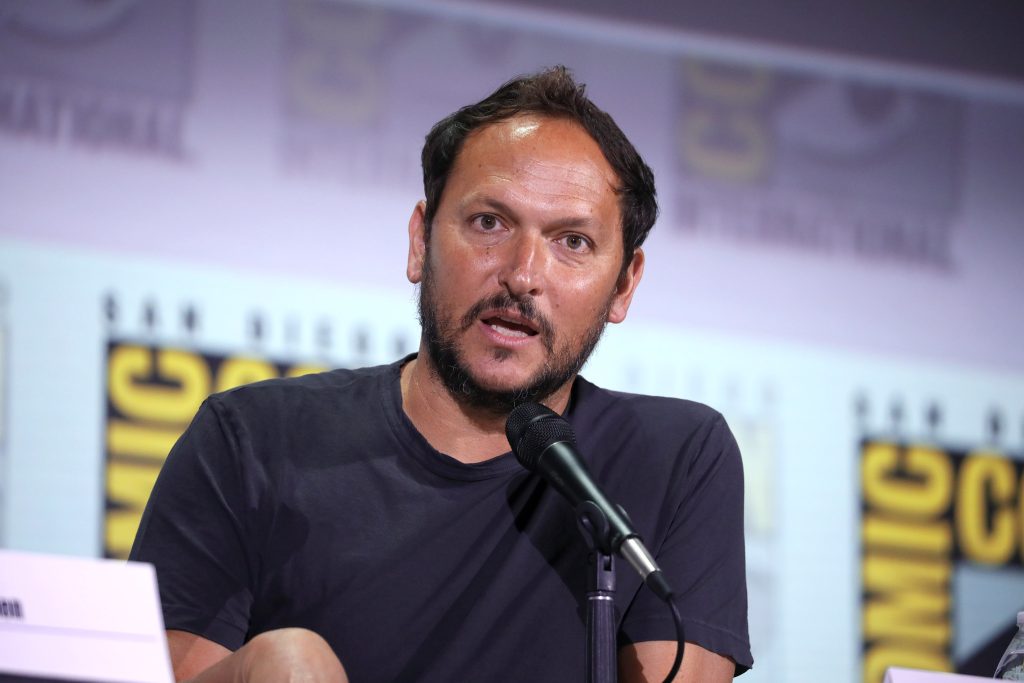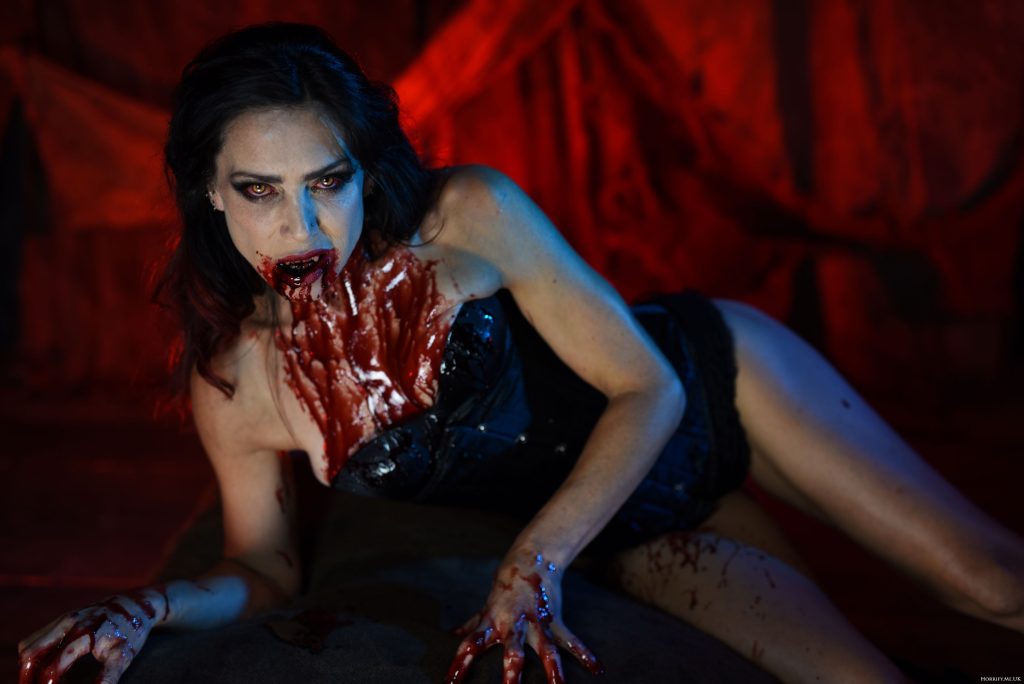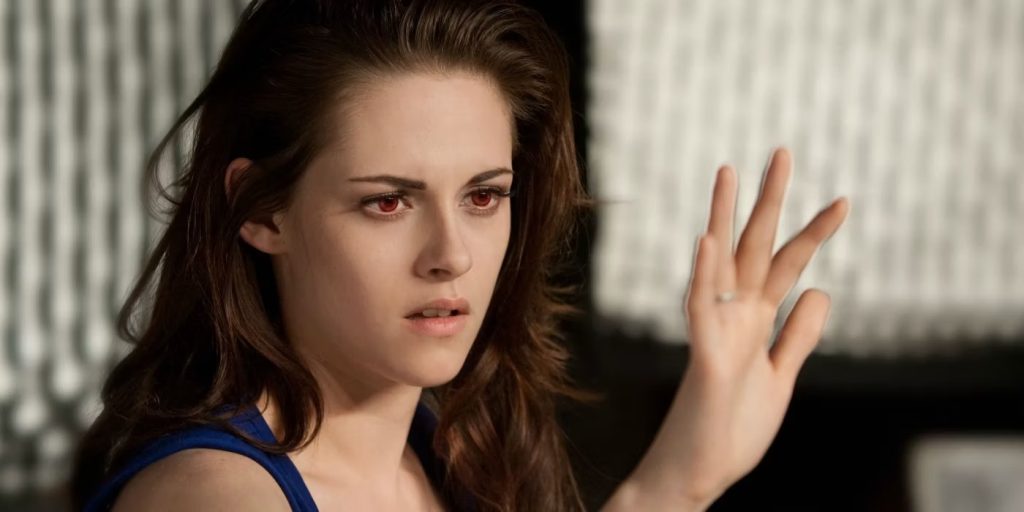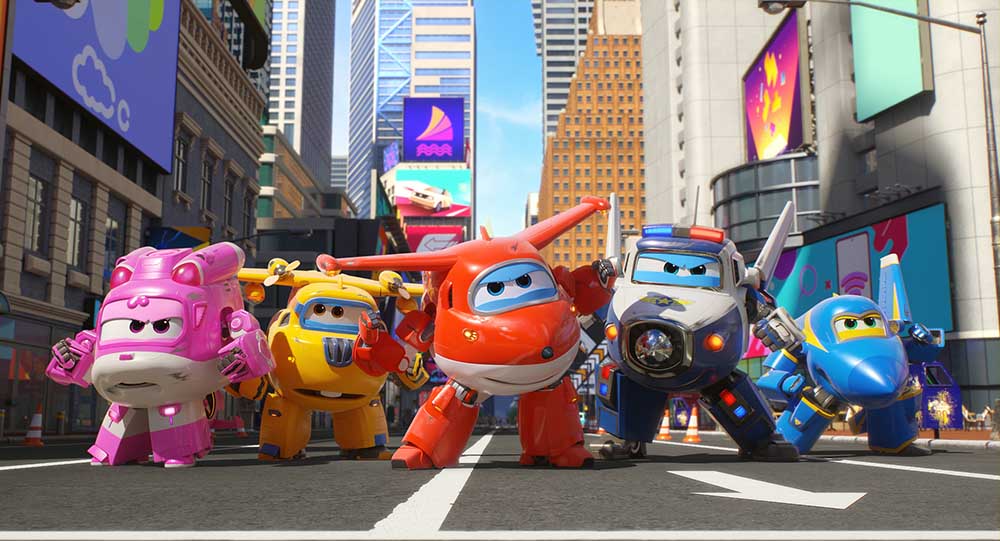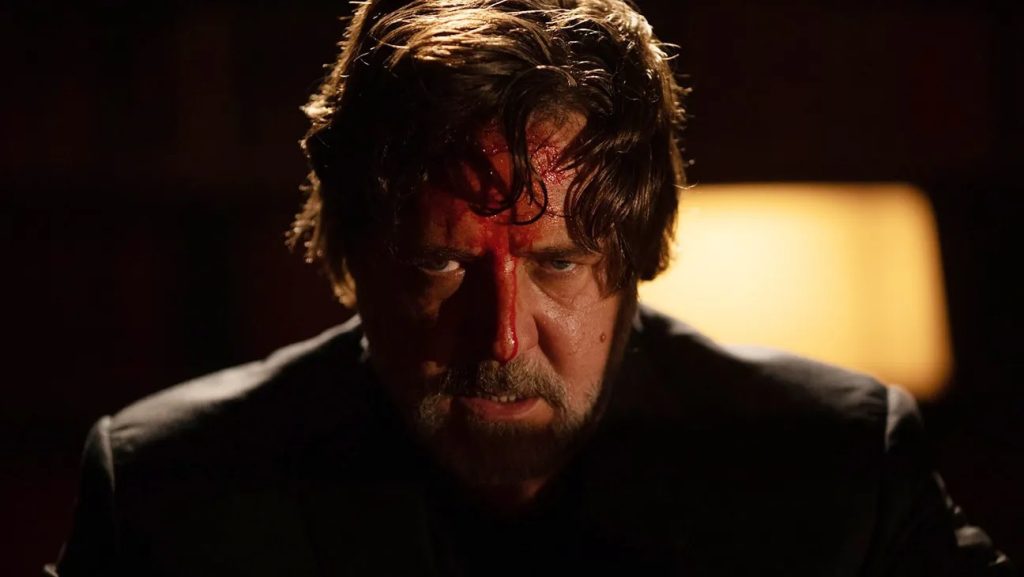Ah, telephemera… those shows whose stay with us was tantalisingly brief, snatched away before their time, and sometimes with good cause. They hit the schedules alongside established shows, hoping for a long run, but it’s not always to be, and for every Street Hawk there’s two Manimals. But here at STARBURST we celebrate their existence and mourn their departure, drilling down into the new season’s entertainment with equal opportunities square eyes… these are The Telephemera Years!
1981-82
The TV junkies must have been absolutely salivating at the new Fall season line-up in 1981, including as it did such treasures as The Fall Guy, TJ Hooker, Cagney & Lacey, Falcon Crest, and Fame! They joined a schedule already dominated by Dallas, The Dukes of Hazzard, and M*A*S*H as American TV continued through one of its truly golden eras. There were goodbyes to be said to Mork & Mindy, The Incredible Hulk, and Lou Grant, but network TV was in a very good place with the top nineteen shows all averaging over twenty million viewers per episode.
The only one struggling was NBC, continuing a ratings slump that had begun in six years before and would continue until Bill Cosby, Michael J Fox, and Mr T dragged it out of the mire a few years later, although Late Night with David Letterman did make its debut in February 1982. For genre fans, the final seasons of The Incredible Hulk and Mork & Mindy were joined by a new arrival called The Greatest American Hero on ABC, as well as single-season classic Police Squad!, but those are the shows that most people remember – what about those they don’t? This is the story of four underwatched shows…Hero
Darkroom (ABC): “You’re in a house. Maybe your own… maybe one you’ve never seen before. You feel it. Something evil. You run, but there’s no escape… nowhere to turn. You feel something beckoning you… drawing you into the terror that awaits you in the Darkroom!”
James Coburn’s voiceover opened very episode of Darkroom, a seven-episode anthology series that aired between November 1981 and January 1982 on ABC. Helmed by executive producer Peter S Fischer, whose background was in crime shows such as Colombo and Kojak, the show used short stories by Robert Block (Psycho), Davis Grubb (Night of the Hunter), and William F Nolan Logan’s Run), and others as fuel for a series of stories that put their protagonists in some kind of misadventure, usually of the supernatural kind.
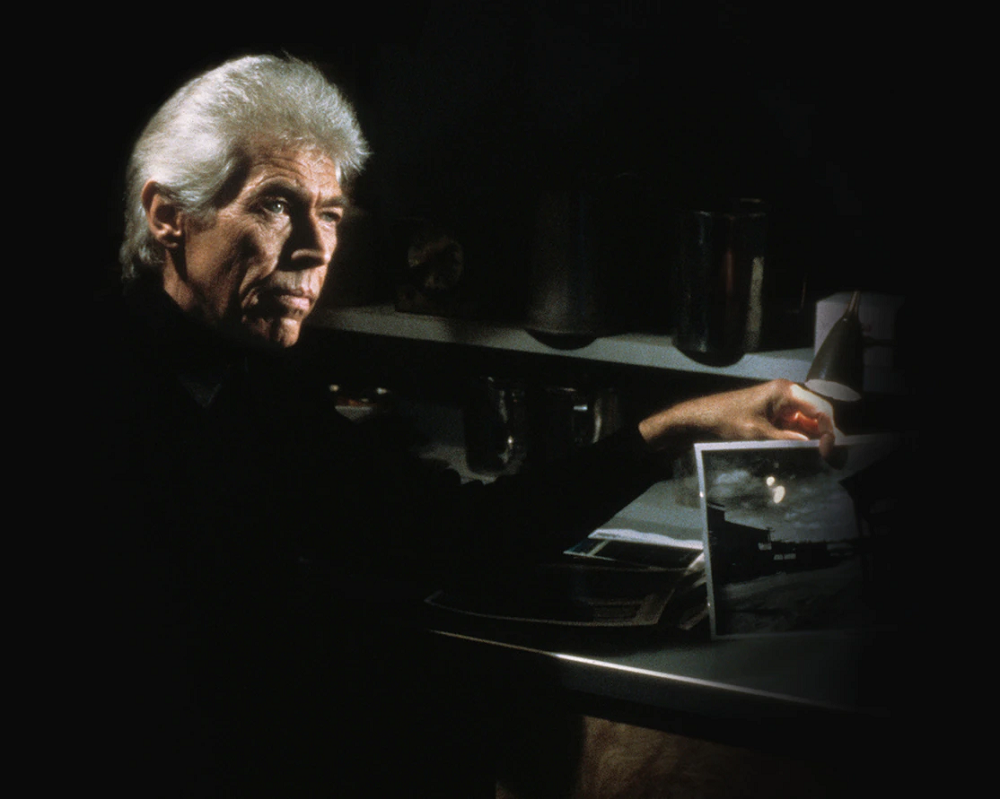
Occupying the same territory as Rod Serling’s Twilight Zone and Night Gallery, each episode of Darkroom featured two stories (with episode seven having three), with the first episode alone spells the dangers of computer simulation for Robert Webber and sees Lawrence Pressman establish radio contact with the U-boat that killed his father in World War Two, and things just got stranger from there. Subsequent stories would feature vampires, witches, and living toys, all threatening the welfare of guest stars such as David Carradine, Billy Crystal, Brian Dennehy, and Helen Hunt.
Unfortunately (or fortunately, if you like that kind of thing), the tone was unrelentingly gloomy with few happy endings and plenty of downbeats. The few viewers that were seeking respite from The Dukes of Hazzard on CBS would find nothing but misery over on ABC, sending them to NBC’s short-lived McCain’s Law or, even worse, outside. The series has its fans, though, especially of the opening credits, and repeat showings on the USA network and the Sci-Fi channel, and streaming on NBC’s website, ensured that new fan continue to discover this unusual, depressing treat.
QED (CBS): A spring replacement for the short first season of Simon & Simon on Tuesday nights, QED starred Sam Waterston as Quentin Everett Deverill, a gentleman detective in the manner of Sherlock Holmes, solving crimes in Edwardian London with the help of his scientific know-how and man-servant Phipps (British actor George Innes). The series had something of a steampunk aesthetic and Waterston seemed to be having a great deal of fun as a scientific inventor turned sleuth.
Originally a stage actor, Waterston had built a considerable reputation as a fine dramatic actor, earning Emmys and Golden Globes for his work on The Glass Menagerie and The Great Gatsby. There must have been a few eyebrows raised when he took the role of Deverill, known almost exclusively by his initials (which would often be used as a catchphrase with the meaning “quite easily done”), especially as it sandwiched between Oppenheimer and The Killing Fields in a list of his career roles.
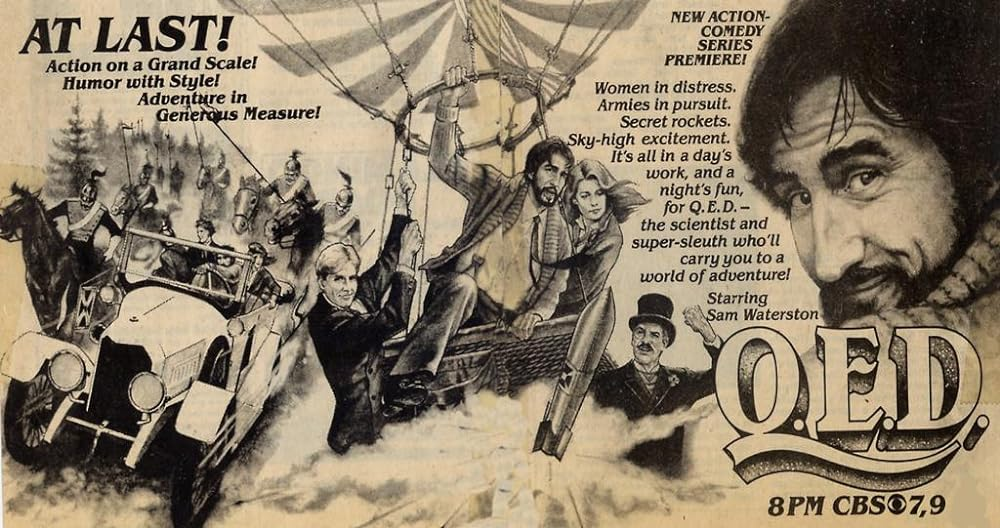
Still, the show was co-created by John Hawkesworth, the man responsible for Upstairs, Downstairs and Granada’s Sherlock Holmes, and touched on some serious issues despite its comedic tone. Deverill solved locked room mysteries, investigated the disappearance of a deadly nerve agent, and took up the cause of disposable immigrant labour, as well as taking part in an automobile race and trying his hand at ghostbusting, backed up by Phipps and girl Friday Jenny.
Unfortunately, the audience just wasn’t there for a whimsical, clever period drama and just six episodes were broadcast before the network admitted defeat. It didn’t help that Happy Days and Joanie Loves Chachi were monopolising viewers over on ABC, but QED is still fondly remembered by those who didn’t fancy spending their evenings in Milwaukee.
Jokebook (NBC): Jokebook was Hanna-Barbera’s first animated show in prime time since 1970’s Wait Til Your Father Gets Home, something the company hadn’t enjoyed huge success with since the heyday of The Flintstones and Top Cat. They were riding high, though, with the Saturday morning cartoons and even produced some special episodes of The Smurfs to be shown while the adults were in control of the remote control.
Jokebook was different to the usual Hanna-Barbera show. Rather than focus on one set of characters in a traditional sitcom manner, Jokebook was supposed to be more akin to reading an issue of MAD or National Lampoon magazines, with little in the way of recurring characters and lots of attempts at “grown-up” humour. Unfortunately, the show landed in the lap of veteran producer Harry Love, whose idea of adult humour seemingly started and ended with Playboy, and the humour – and animation – was crude.
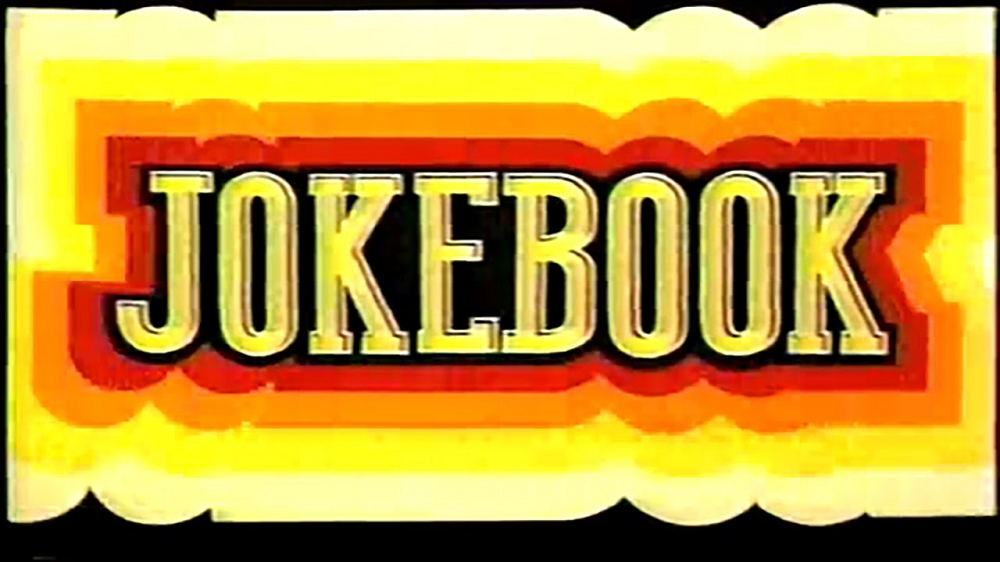
NBC had ordered seven episodes from the studio but were aghast at what they received. A late scramble was made to improve the quality of, well, everything, and they ended up burying the show on Friday nights against ratings smash The Dukes of Hazzard (which, ironically, became a Hanna-Barbera cartoon a year later). In the end, much of the material produced for Jokebook was declared unusable.
This meant that, alongside segments produced by the studio, Jokebook also made use of classic, foreign, and independent animation to fill the gaps. This was entrusted to Marty Murphy, who had risen from character designer for the likes of Hong Kong Phooey, Valley of the Dinosaurs, and Dinky Dog to become one of Hanna-Barbera’s most trusted lieutenants and worked hard to override the non-comedic instincts of Love. Oscar-winning short Crunch Bird was among the extras, but NBC were still less than impressed and cancelled the show after just three episodes had aired.
Mr Merlin (CBS): Produced by jazz entrepreneur Larry Rosen and Bob & Carol & Ted & Alice writer Larry Tucker, Mr Merlin starred Barnard Hughes – later Grandpa in The Lost Boys – as the immortal magician from King Arthur’s court, now living a quiet life in San Francisco, where he masquerades as mechanic Max Merlin. In the pilot episode, written by the two Larrys and directed by The Addams Family’s John Astin, Merlin hires a young assistant to work in his garage.
Things change, though, when Zac (Clark Brandon) pulls a crowbar from a block of cement, for this was no ordinary crowbar – it was the mystical sword Excalibur! Under pain of being stripped of his powers and immortality by the magic council, Merlin reveals his true identity to Zac and takes him on as a wizard in training, unbeknownst to Zac’s best friend Leo.
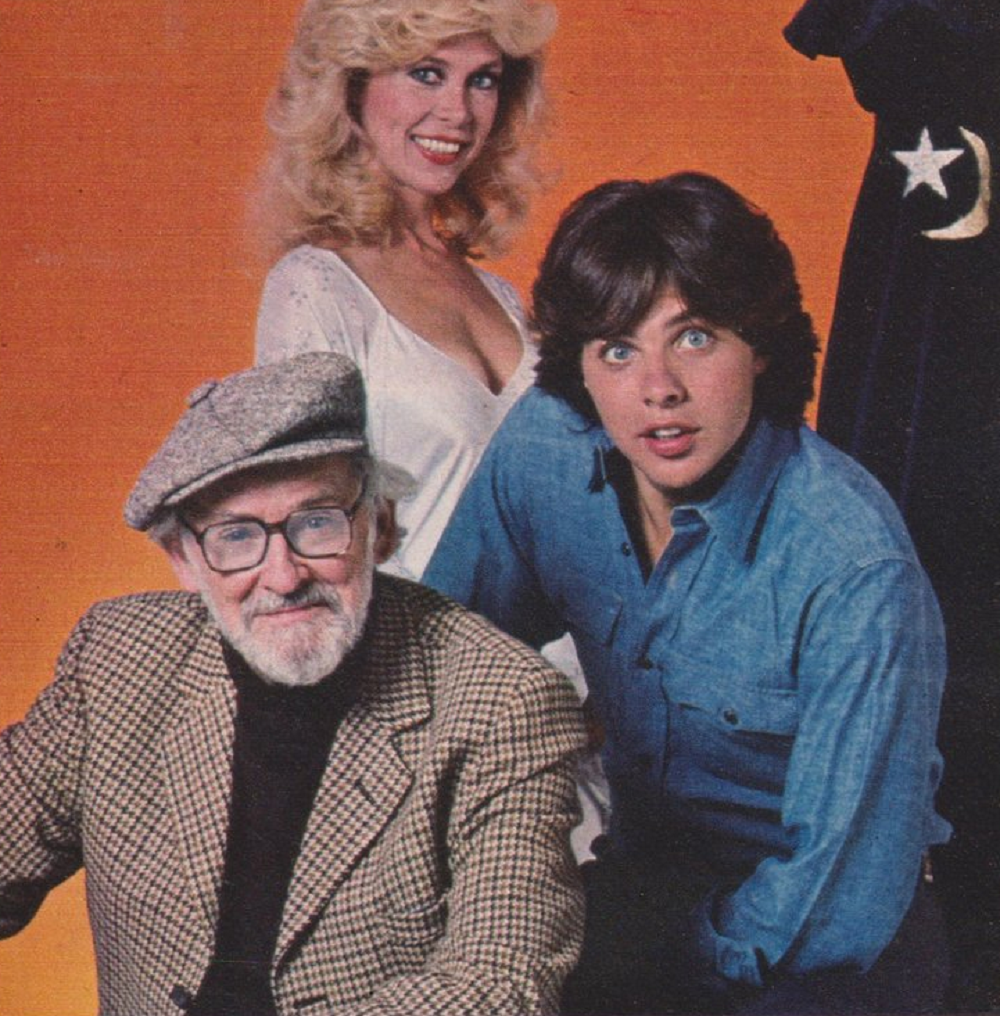
From these auspicious beginnings, Zac and Merlin embark on a journey – not an actual one, more than American Idol type – that brings them together and warms the cockles of your hearts, imparting life lessons as they went. Shown on Wednesday nights opposite The Greatest American Hero and reality show Real People, the first season of twenty-two episodes saw Max help Zac enter the music business, unwittingly become a forger, and negotiate the perils of teenage dating, amongst other comedic set-ups.
Mr Merlin was shown in the UK on Saturday evenings on ITV and even got the comic strip treatment from TV Comic, but ratings in the US were not what CBS had hoped for and, despite earning more viewers than shows that were renewed such as Cagney and Lacey, Fame, and Quincy, ME, there was to be no second season for our magical pair. The show is not currently available on DVD or Bluray but there are plenty of episodes on YouTube if you fancy basking in some magical nostalgia.
Next on The Telephemera Years: More of 1981’s forgotten “classics,” including Steve Guttenberg, Bennu of the Golden Light, and sentient Beetles!
Check out our other Telephemera articles:
The Telephemera Years: pre-1965 (part 1, 2, 3, 4)
The Telephemera Years: 1966 (part 1, 2, 3, 4)
The Telephemera Years: 1967 (part 1, 2, 3, 4)
The Telephemera Years: 1968 (part 1, 2, 3, 4)
The Telephemera Years: 1969 (part 1, 2, 3, 4)
The Telephemera Years: 1970 (part 1, 2, 3, 4)
The Telephemera Years: 1971 (part 1, 2, 3, 4)
The Telephemera Years: 1973 (part 1, 2, 3, 4)
The Telephemera Years: 1974 (part 1, 2, 3, 4, 5)
The Telephemera Years: 1975 (part 1, 2, 3, 4)
The Telephemera Years: 1977 (part 1, 2, 3, 4)
The Telephemera Years: 1978 (part 1, 2, 3, 4)
The Telephemera Years: 1980 (part 1, 2, 3, 4)
The Telephemera Years: 1982 (part 1, 2, 3, 4)
The Telephemera Years: 1983 (part 1, 2, 3, 4)
The Telephemera Years: 1984 (part 1, 2, 3, 4)
The Telephemera Years: 1986 (part 1, 2, 3, 4)
The Telephemera Years: 1987 (part 1, 2, 3, 4)
The Telephemera Years: 1989 (part 1, 2, 3, 4)
The Telephemera Years: 1990 (part 1, 2, 3, 4)
The Telephemera Years: 1992 (part 1, 2, 3, 4)
The Telephemera Years: 1995 (part 1, 2, 3, 4)
The Telephemera Years: 1997 (part 1, 2, 3, 4)
The Telephemera Years: 1998 (part 1, 2, 3, 4)
The Telephemera Years: 2000 (part 1, 2, 3, 4)
The Telephemera Years: 2002 (part 1, 2, 3, 4)
The Telephemera Years: 2003 (part 1, 2, 3, 4)
The Telephemera Years: 2005 (part 1, 2, 3, 4)
The Telephemera Years: 2006 (part 1, 2, 3, 4)
The Telephemera Years: 2008 (part 1, 2, 3, 4)
The Telephemera Years: O Canada! (part 1, 2, 3, 4)
Titans of Telephemera: Irwin Allen
Titans of Telephemera: Stephen J Cannell (part 1, 2, 3, 4)
Titans of Telephemera: DIC (part 1, 2)
Titans of Telephemera: Hanna-Barbera (part 1, 2, 3, 4, 5)
Titans of Telephemera: Kenneth Johnson
Titans of Telephemera: Sid & Marty Krofft
Titans of Telephemera: Glen A Larson (part 1, 2, 3, 4)

